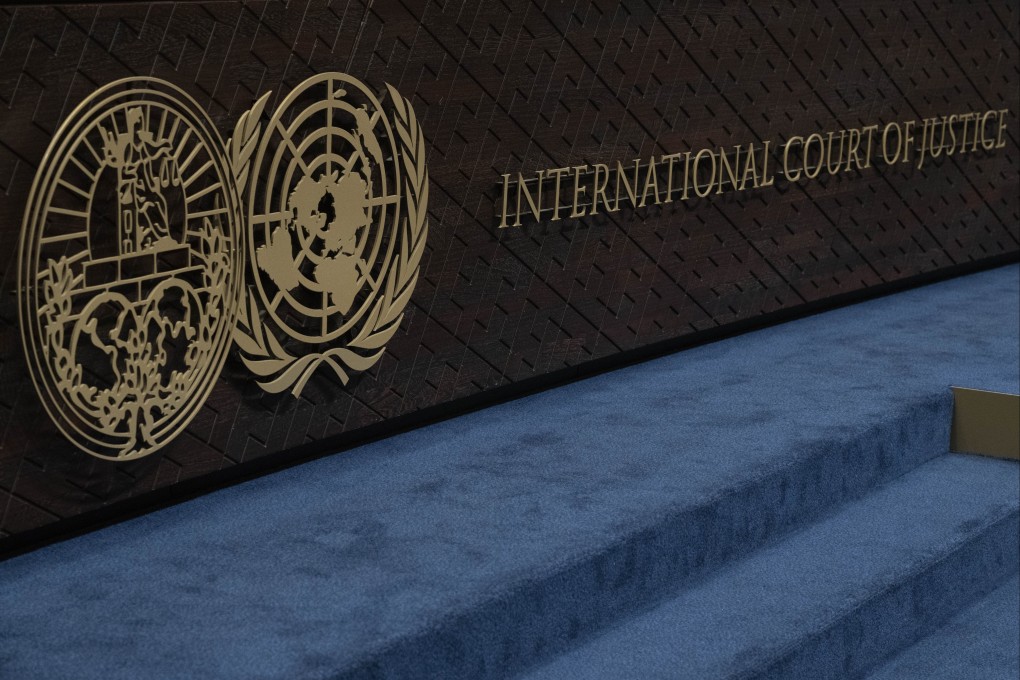My Take | Why the South African genocide case against Israel really matters
- If you support Israel but feel uneasy about the high death toll, you may not want to object to the ICJ’s ‘provisional measures’ to halt carnage

As I watched South Africa’s legal eagles at the International Court of Justice (ICJ), it suddenly dawned on me that there was nobility to the lawyering profession after all.
Arguing for a case of genocide against Israel’s military conduct in Palestine, Tembeka Ngcukaitobi, Adila Hassim and Blinne Ni Ghralaigh have shown what is at stake is nothing less than basic humanity.
It is perhaps a great tragic irony that the nation that rose out of the ashes of the Holocaust has been dragged into the world court for genocide.
But let’s remember that the ICJ is not being asked to decide on that thorny question this week. The legal trio has presented horrifying accounts of unprecedented Palestinian suffering and killing. But what the court needs to decide, for now, is whether to issue provisional measures to halt Israel’s military assault in Gaza.
The court has that power under Article 41(1) of its own statute, and such measures are binding. That, of course, raises the question whether the losing party will respect or follow the measures. It’s almost certain that Israel will not. What then is the point?
